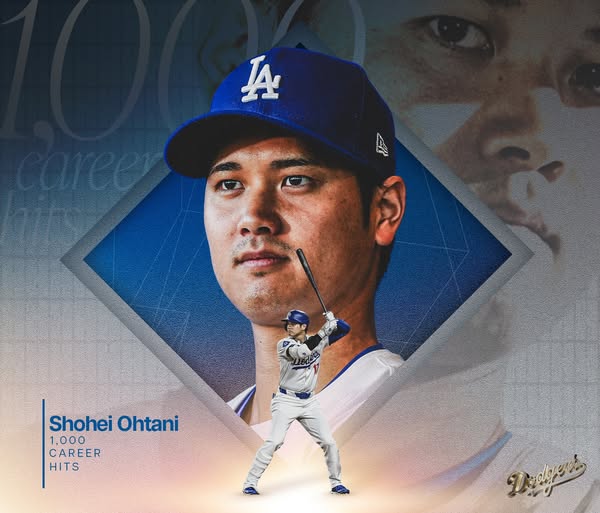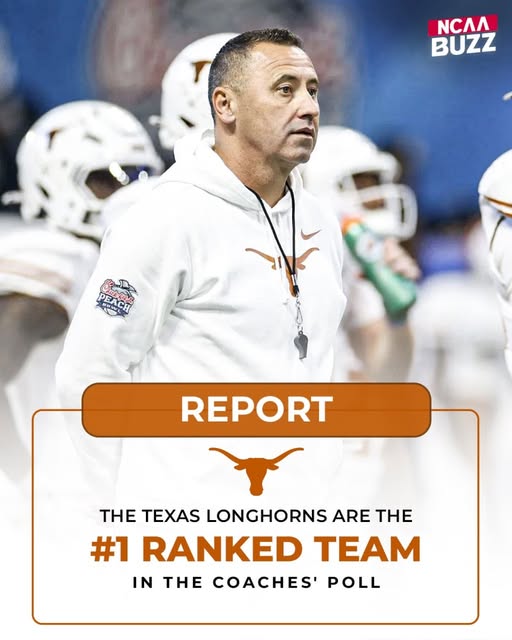Former Maple Leafs Defenseman Sparks Hockey World With Bold Prediction on Connor McDavid’s Future, Declares ‘Only One Team Fits’ as Free Agency Speculation Boils Over
The NHL offseason has seen its fair share of dramatic takes, but none have cut as sharply through the hockey world as the recent comments made by a former Toronto Maple Leafs defenseman regarding the future of Edmonton Oilers superstar Connor McDavid. In an interview that quickly spread across fan circles and social media, the retired blueliner boldly predicted that McDavid would eventually leave Edmonton and sign with a single team he described as the “only fit” for the game’s greatest player. While the player in question did not mince words, his assertion has ignited a firestorm of debate and renewed the ever-present question that hovers over McDavid’s career: how long will the world’s best player stay in Edmonton if a Stanley Cup continues to elude him?
The defenseman, whose NHL career spanned over a decade and who played multiple seasons with the Maple Leafs before retiring in the late 2010s, made his prediction on a major hockey podcast earlier this week. When asked about McDavid’s future, he responded without hesitation. “I think there’s only one team that makes sense if he leaves Edmonton, and that’s the Los Angeles Kings,” he said. “You look at the lifestyle, the market, the talent already there, the cap situation — it’s built for a guy like McDavid. He’s going to want to win and live a big-life hockey existence. LA gives him both. No other team checks all the boxes like they do.”
Though the statement was brief, its implications were massive. The idea that McDavid, whose current contract with the Oilers expires in the summer of 2026, might leave the franchise that drafted and developed him is not new. But hearing it articulated so directly by a former NHL player—especially one from Toronto, where hockey analysis tends to walk the line between reverence and realism—lent a sharper edge to the speculation. Fans in Edmonton were quick to push back, defending McDavid’s loyalty and expressing confidence that the superstar would stay with the club that gave him the captaincy as a teenager and built its identity around his unprecedented talent. Yet others acknowledged the reality that the clock is ticking. If McDavid fails to win a Stanley Cup in Edmonton over the next two seasons, the narrative may shift from loyalty to legacy — and McDavid, ever aware of his place in history, may look elsewhere.
At the core of this debate is McDavid’s unique position in the NHL. He is, without exaggeration, the most electrifying player of his generation. His speed, vision, and ability to shift the tempo of a game have made him not just a perennial MVP candidate but the center of the league’s marketing engine. In 2024, he came within inches of delivering Edmonton its first Stanley Cup since 1990, only to fall short in a heartbreaking seven-game final. His playoff performance, in which he led all scorers by a wide margin and delivered one of the most dominant individual runs in modern NHL history, earned him the Conn Smythe Trophy despite the loss. That distinction — winning playoff MVP without winning the Cup — underscored both his brilliance and the lingering question of whether the Oilers can ever give him the supporting cast he needs to finally finish the job.
From a cap standpoint, Edmonton has done everything in its power to build around McDavid and fellow superstar Leon Draisaitl, whose own contract ends in 2025. The front office has been aggressive, acquiring defensemen, reshuffling goaltenders, and retaining key pieces like Zach Hyman and Evan Bouchard. But questions remain about long-term sustainability, especially if Draisaitl departs or commands a salary so large that it limits future flexibility. In that context, the prediction of McDavid joining a team like the Kings begins to take on more weight.
Los Angeles, for their part, have built a franchise quietly positioning itself as a future destination for marquee free agents. With a mix of aging veterans and rising stars, a flexible cap structure, a massive media market, and an improving hockey culture bolstered by the success of the Clippers, Rams, and Dodgers, the Kings offer a compelling blend of competitive opportunity and lifestyle. Their ownership group has signaled a willingness to spend, and they’ve recently been linked to top-tier free agents and potential trades that would clear cap space. The idea that they could position themselves for a run at McDavid in 2026 is not far-fetched. And as the former Maple Leafs defenseman pointed out, McDavid’s presence in a U.S. megamarket could also expand the NHL’s visibility and bring him into a tier of superstardom the league has long struggled to create for even its biggest names.
Still, the conversation isn’t just about money or market size. For many, it’s about legacy. McDavid has made it clear that he values winning above all else. In nearly every interview, every press conference, and every public statement, he has focused not on personal accolades but on capturing the Stanley Cup. If the Oilers continue to fall short, particularly in gut-wrenching fashion, it may become harder to argue that staying in Edmonton serves that goal. While his bond with the team and the city is real, professional athletes have a limited window to reach the pinnacle of their sport. If the Oilers cannot deliver within that window, the decision to leave could be reframed not as abandonment but as ambition.
The reaction from hockey circles was swift. Edmonton-based media pushed back against the idea that McDavid would leave, framing the prediction as typical Toronto noise. Others saw it as an honest assessment of the market forces at play and a reality check for Oilers management. Across social media, fans debated everything from cap mechanics to the likelihood of McDavid embracing the Hollywood lifestyle. Some argued that a move to LA would tarnish his legacy by making him appear disloyal, while others suggested that moving to a team better positioned to win would enhance his stature as a player who refused to settle.
Meanwhile, insiders close to the Oilers maintain that no formal extension talks have begun with McDavid, but that the team is quietly preparing a long-term strategy to keep him in Edmonton. That includes ensuring Draisaitl is retained or replaced with equivalent elite talent, building a more stable goaltending situation, and continuing to develop their farm system for internal depth. Privately, some within the organization acknowledge that the next two seasons are likely to define McDavid’s future with the club. If they win a Cup, or come agonizingly close again, the odds of keeping him skyrocket. If they regress, or falter early in the playoffs, the calculus may change dramatically.
One overlooked angle in the prediction is how McDavid himself handles speculation. Unlike many stars, McDavid has never indulged rumors, never spoken out of turn about other teams, and has shown a remarkable ability to stay composed amid chaos. His public loyalty has been unwavering. But he has also never explicitly stated that he would retire an Oiler or sign a lifetime extension. His answers are measured, his commitment clear but conditional. He wants to win. And while the Oilers are closer now than they’ve ever been during his tenure, “close” is not the standard McDavid seems content with.
As training camp approaches and the media spotlight intensifies, this prediction from a former Maple Leafs defenseman will likely continue to reverberate. Whether intended as provocation or genuine insight, it has tapped into a simmering anxiety that continues to swirl around Edmonton. The idea that the game’s greatest player might eventually leave — and that such a move might make perfect sense — is something fans, executives, and players must now confront more directly.
For now, McDavid remains an Oiler. He will enter the season as captain, as centerpiece, as savior. But the countdown has unofficially begun. Two seasons. One dream. And a shadow cast from Southern California that now looms just a little bit larger.



